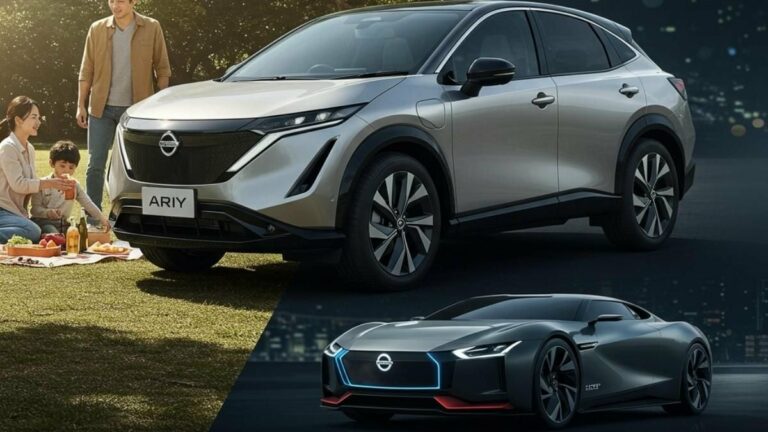Nissan is making a significant strategic shift in its electric vehicle (EV) plans, focusing on developing electric SUVs while canceling its planned electric successor to the Maxima sedan and similar Infiniti models. This decision reflects the current market dynamics, where electric SUVs are consistently outselling their sedan counterparts. The Japanese automaker is allocating its limited resources to the most lucrative and in-demand segment, a move that appears to be both sensible and necessary given the growing dominance of Chinese EV makers like BYD.
The Rise of Electric SUVs
The automotive landscape is witnessing a clear preference for SUVs, driven by their higher ride height, increased cargo capacity, and perceived versatility. This trend is particularly pronounced in the burgeoning electric vehicle sector. For Nissan, concentrating on electric SUVs makes good business sense, especially with its existing presence in this segment through models like the Ariya.
Challenges from Chinese EV Makers
Nissan faces a significant challenge from rapidly advancing Chinese electric vehicle manufacturers, who possess advantages in battery technology, supply chain control, and manufacturing costs. This enables them to offer competitive EVs at price points that established Western and Japanese manufacturers struggle to match. By focusing its EV efforts on the most popular segment, Nissan can adopt a more concentrated approach to addressing these challenges.
Brand Revitalization through Performance EVs
While prioritizing electric SUVs, Nissan might also consider developing a compelling performance EV sports car to revitalize its brand image. Drawing inspiration from its past success with the 240Z, an affordable and stylish sports car that captured a generation, Nissan could create an electric sports car that generates significant buzz and attracts new enthusiasts to the brand. This ‘halo effect’ could positively impact their more mainstream EV offerings, including their SUVs.
A Focused Future for Nissan
Ultimately, Nissan’s decision to prioritize electric SUVs while shelving plans for the Maxima EV and similar Infiniti sedans is a pragmatic response to current market realities and the challenge posed by Chinese EV makers. By concentrating on the most popular segment, Nissan can optimize its resource allocation and focus on closing the cost and technology gap. While potentially disappointing for some fans of electric sedans, this strategic pivot may be the most sensible path for Nissan to revitalize its brand and secure a competitive position in the electric future.




